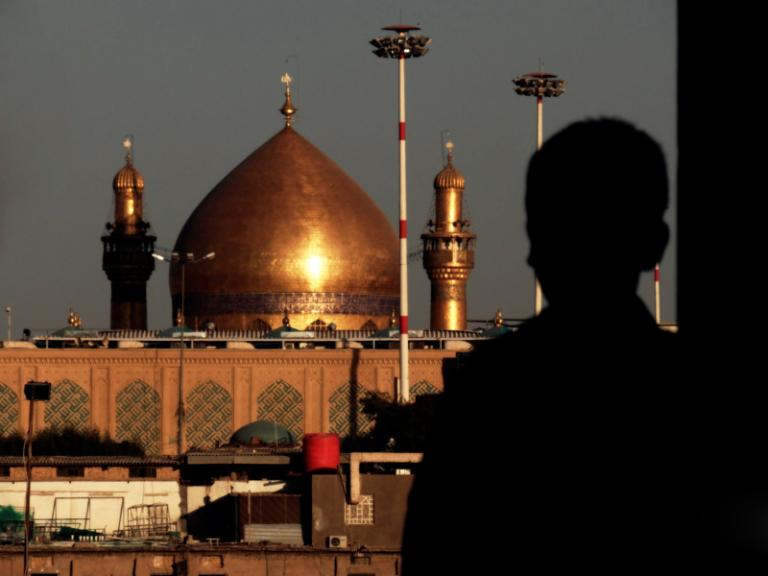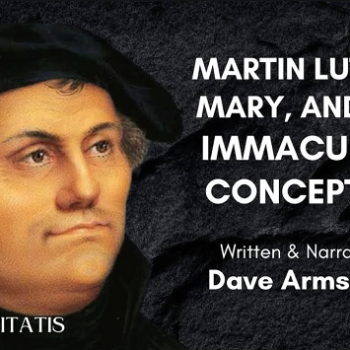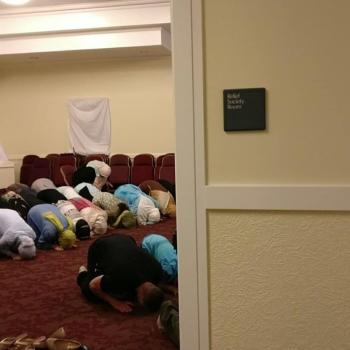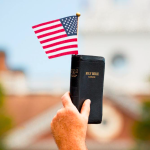
In connection with my MESA 250 class, I’m re-reading Frederick Mathewson Denny, An Introduction to Islam, 4th ed. (Upper Saddle River, NJ: Prentice Hall, 2011), which I chose as the principal textbook for my version of the course.
I like Fred’s discussion of “the . . . fundamental Islamic belief” in “divine decree and predestination, known in Arabic as al-qada wa ‘l-qadar“:
This doctrine has been one of the most frequently and passionately discussed of all Islamic tenets. It has its basis in the Qur’an, which nevertheless does not unequivocally support the proposition that God decrees and determines all that happens from all eternity and “records” our acts and destinies down to the tiniest detail. A typical Qur’anic passage concerning predestination is “whomsoever God guides, he is rightly guided; and whom He leads astray, they are the losers” (7:178).
The Qur’anic view of the matter is impossible to pin down as either predestinarian or in favor of free will, for both views are embraced or at least implied: “He leads none astray save the ungodly such as break the covenant of God after its solemn binding, and such as cut what God has commanded should be joined, and such as do corruption in the land — they shall be the losers” (2:26). There is a tension in this Qur’anic message between God’s foreordaining and humankind’s choosing. Certainly that message proclaims God’s inscrutable, just, and sovereign decree, but it also describes a religious law and engenders a spiritual attitude that is unintelligible without moral responsibility. If this issue is joined only on the level of human logic, then it will probably end up in favor of predestination. But God is far above what his creatures can imagine or comprehend, and his acts cannot be gauged by human measures.
The sayings of the Prophet Muhammad tend to be more predestinarian than the Qur’an is. Muslim, one of the two collectors of hadiths that the Muslims regard as soundest, transmitted the following:
‘Abdallah b. ‘Amr reported God’s messenger as saying, “God recorded the fates of all creatures 50,000 years before creating the heavens and the earth, and His throne was upon the water.”
A famous Shi‘i pronouncement on this matter comes from the Imam Ja‘far al-Sadiq (d. 756), who, when asked about qada and qadar, replied that it was a forbidden topic of discussion:
It is a deep sea, venture not onto it. . . . It is an obscure path, walk not along it. . . . It is one of Allah’s secrets, do not talk about it. . . . He who attempts to seek knowledge of it goes contrary to Allah’s command, disputes His sovereignty, and is probing into His secret and His veil, [whereby] he has assuredly incurred the wrath of Allah, so his abode will be Gehenna. What an evil destination.
(103-104, diacritical marks impossible to include)
















